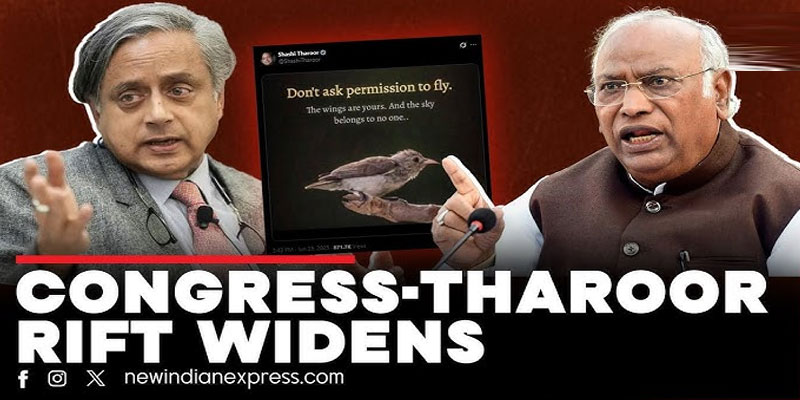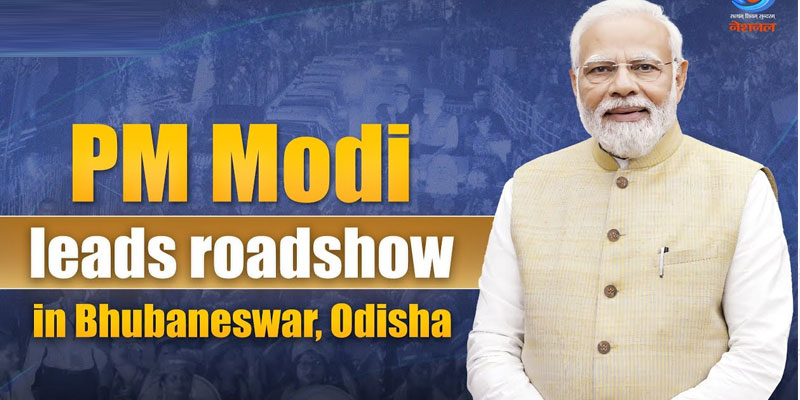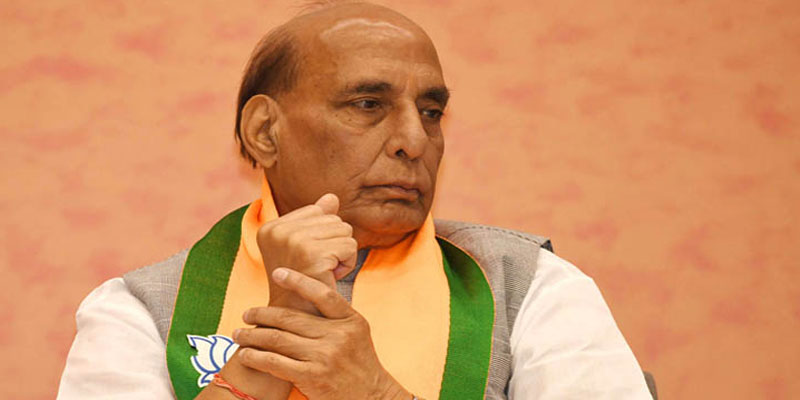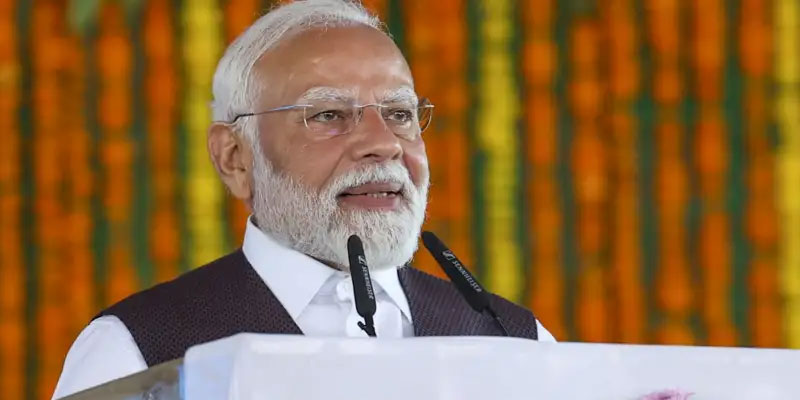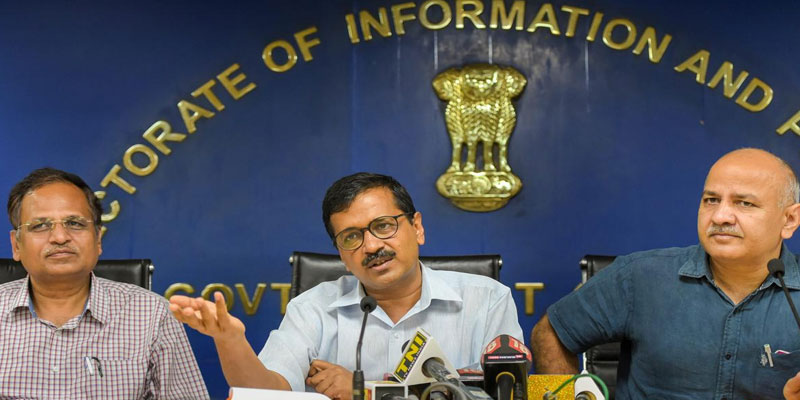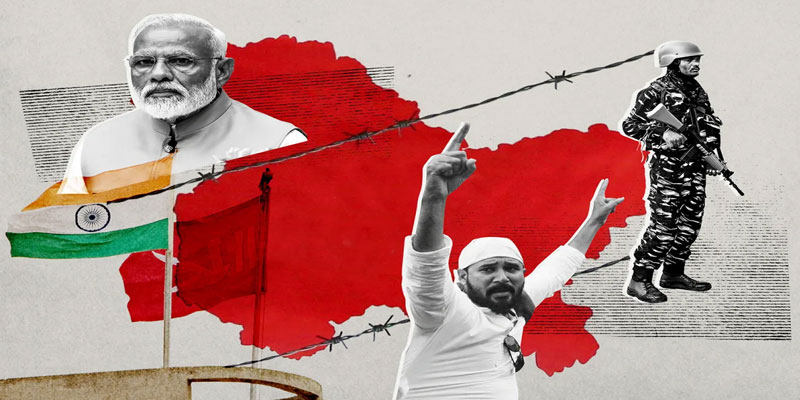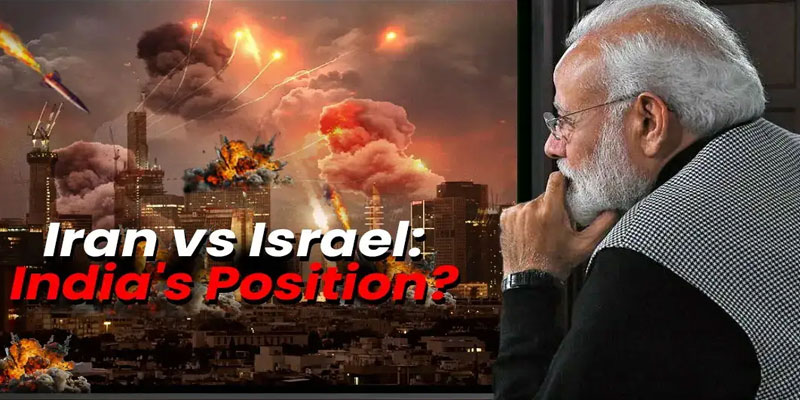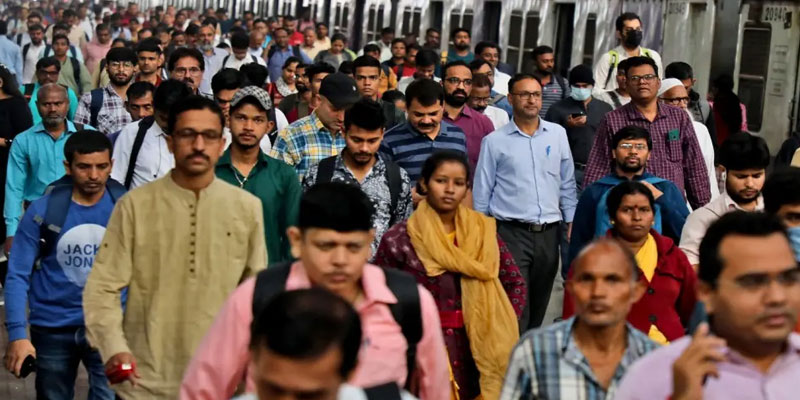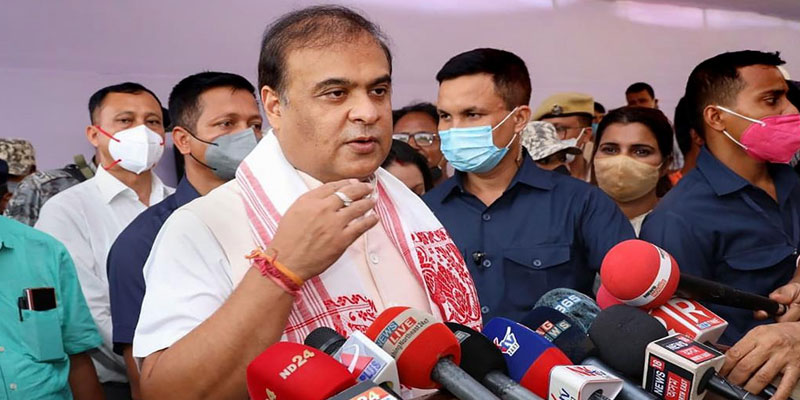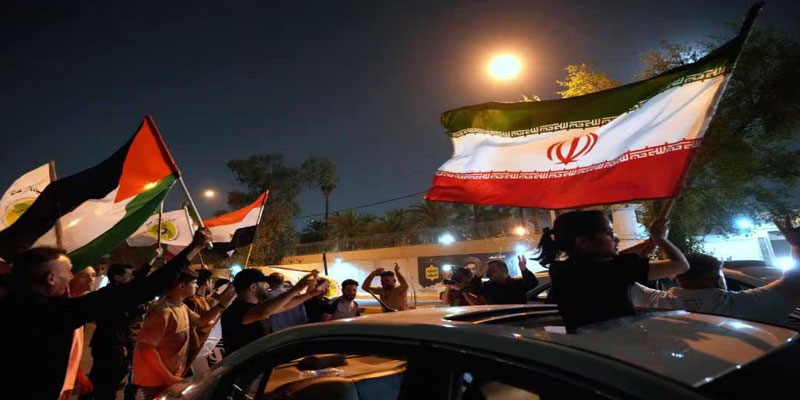Fallout of Pahalgam Terror Attack Intensifies Cross-Border Tensions
Following the deadly Pahalgam terror attack, diplomatic relations between India and Pakistan have witnessed a sharp downturn. In a significant development, 537 Pakistani nationals, including nine diplomats and officials, left India through the Attari-Wagah border over a four-day period ending April 27, marking the enforcement of India's new visa exit orders targeting short-term visitors. This mass departure highlights the escalating diplomatic crisis and the broader security recalibrations underway within India.
Exit of Pakistani Nationals: A Widespread Compliance Across States
According to officials stationed at the Attari border, 850 Indians, including 14 diplomats and officials, also returned from Pakistan over the same period. Protocol Officer Arun Pal informed the media that on the final day alone, 237 Pakistani nationals crossed back to Pakistan, while 116 Indians re-entered India.
The exit order had stipulated that 12 categories of short-term visa holders from Pakistan were to leave India before the deadline, while individuals with long-term, diplomatic, or official visas were exempted. The decision also came alongside India’s expulsion of three defence advisers from the Pakistani High Commission and a recall of its own defence attaché from Islamabad, underlining the gravity of the situation.
At Attari, scenes of tearful goodbyes unfolded as families were separated by the enforced departures. In one heart-breaking instance, Sarita, a Pakistani national whose mother holds an Indian passport, was distraught after officials denied her mother's departure alongside the family. "They are saying Indian passport holders will not be allowed. I haven’t seen my family in nine years," she wept, highlighting the human cost of diplomatic breakdowns.
State-Wise Action to Enforce Departures
Across India, state governments moved swiftly to ensure compliance with the Home Ministry's directives:
- Maharashtra reported that all Pakistani short-term visa holders were accounted for and arrangements for their exit were complete. Around 5,050 Pakistanis reside in Maharashtra, mostly on long-term visas.
- Bihar confirmed that all Pakistani visitors had already left before the deadline.
- Telangana recorded 208 Pakistani nationals, with only 13 on short-term visas, all of whom have exited.
- Kerala reported 104 Pakistani nationals, of which only five with short-term visas left as required.
- Madhya Pradesh and Odisha reported the exit of almost all short-term visa holders.
- Goa, Gujarat, and Uttar Pradesh also undertook swift action. In Gujarat, seven short-term visa holders were asked to leave, while in UP, the process was reportedly fully completed by April 27.



